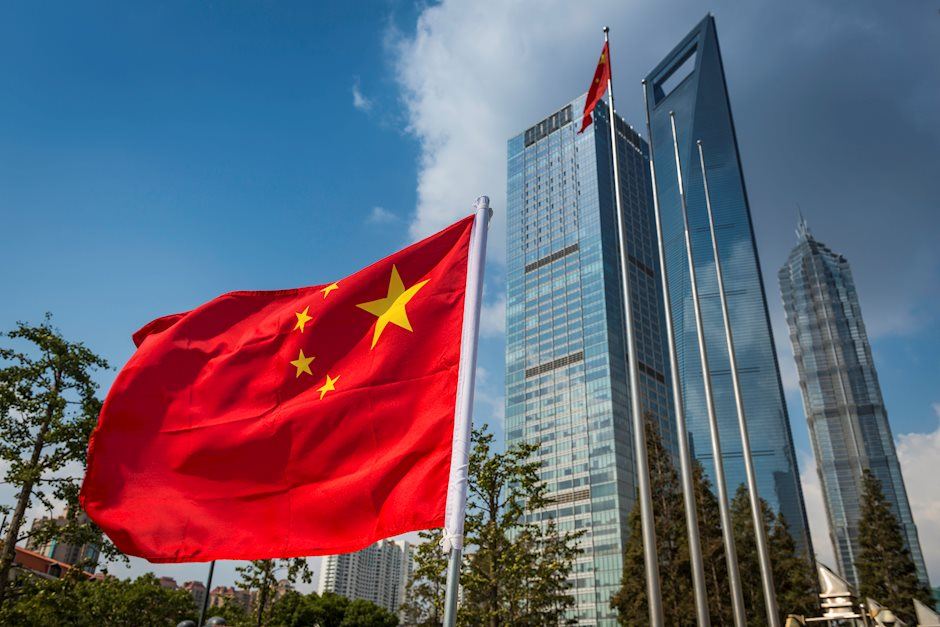China: The risk of a Taiwan war and what it implies – Part 1

Tensions are running high with rising fears over a Chinese invasion of Taiwan in the not too distant future. In this paper we look closer at the risk of a war.
While risks are rising we still see a rather small probability of a Chinese invasion of Taiwan in the next couple of years (20%) as the costs for China are too high. However, with US and Taiwan having moved closer to China’s ‘red line’ the risk of miscalculations or human errors that leads to an unintended war has increased.
In addition, the risk of war in the medium to longer term is high in our view, as China is determined on reunification, their military capabilities will improve and they are likely to build more economic resilience against sanctions. At the same time, the West increasingly supports Taiwan as part of a ‘democracy vs. autocracy’ battle and sentiment among Taiwanese people towards China is gradually worsening, which leaves a peaceful reunification increasingly unlikely.
In a coming paper, we will look at what the risk of war means for China and the global economy – and for companies investment strategy in China.
How did we get here?
Tensions over Taiwan have increased sharply over the past 5-6 years and the war in Ukraine and the visit to Taiwan by US House speaker Nancy Pelosi has added further to tensions this year. The West increasingly sees Taiwan as “Asia’s Ukraine” viewing it as another democracy at threat from an autocratic state. China on the other hand has stressed that the two are not comparable as Ukraine is a sovereign state, while Taiwan is a part of China, which on paper is also recognized by most Western countries through their ‘One- China’ policies.
While the situation has been delicate for many years (see time line on the right), the strategic balance over Taiwan started to deteriorate fast from 2016. The pro-independence party DPP came to power led by President Tsai Ing-wen and in November the same year, Donald Trump won the US election marking a decisive shift in US policy on China from engagement to confrontation. A phone call by Tsai Ing-wen to congratulate Trump while he was President-elect, made it clear that tensions with China was set to rise, as it diverged from US policy since 1979 after which the US committed to not having direct diplomatic relations with a Taiwanese government as part of the One-China policy. At the same time, Taiwan is by far the most sensitive issue for China on the foreign policy front.
Since 2016 the US has increased military presence around Taiwan and engaged in more semi-diplomatic relations with the Taiwanese government. This culminated last week when speaker of the US House Nancy Pelosi met with Taiwan’s President Tsai Ing-wen in the most high-level official visit to Taiwan since Newt Gingrich as speaker of the House visited Taiwan 25 years ago. China, in turn, has increased military activity around Taiwan and Pelosi’s visit has triggered the largest military drills around Taiwan ever seen.
China’s response illustrates that Pelosi’s trip has taken US and Taiwan close to China’s ‘red line’ and China is sending a clear warning to the US and Western allies that a further move across the ‘red line’ will not be accepted and could trigger a war. As such it is part of a deterrence strategy towards Taiwan independence forces as well as the US government. But the Chinese leadership is also under strong domestic pressure from nationalist forces in China to defend China’s sovereignty.
Author

Allan von Mehren
Danske Bank A/S

















